1. Artificial Organs
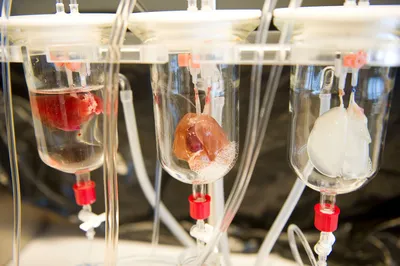
Artificial organs are being developed to replace or supplement damaged organs. They have the potential to save countless lives, as organ donors are in short supply. Recent advances in materials science and tissue engineering have made it possible to create functional organs that are compatible with the human body.
2. Gene Editing
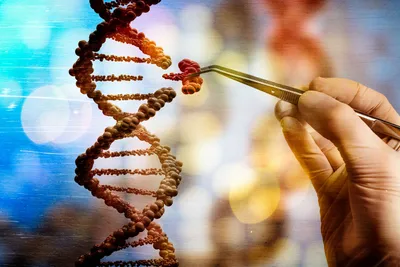
Gene editing technologies like CRISPR-Cas9 are being used to treat genetic disorders by altering or deleting specific genes. This technology could potentially cure diseases like cystic fibrosis, sickle cell anemia, and Huntington's disease.
3. Nanomedicine
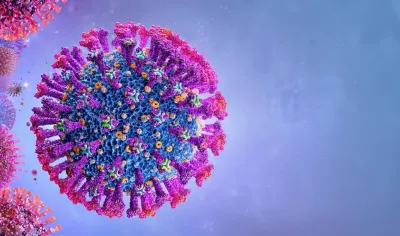
Nanomedicine involves the use of tiny particles called nanoparticles to deliver drugs and other treatments to specific parts of the body. This technology has the potential to make treatments more effective and less toxic, as well as target diseases that were previously difficult to treat.
4. 3D Printing
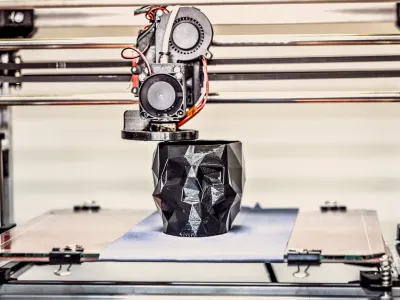
3D printing is being used to create custom prosthetic limbs, implants, and even organs. This technology has the potential to revolutionize the field of personalized medicine, as doctors will be able to create tailor-made treatments for each patient.
5. Neuroprosthetics
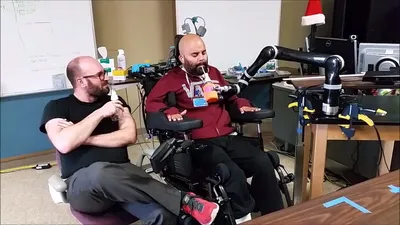
Neuroprosthetics involve the use of electronic devices to restore or augment the function of the nervous system. This technology is being used to treat conditions like Parkinson's disease, epilepsy, and chronic pain.
6. Regenerative Medicine
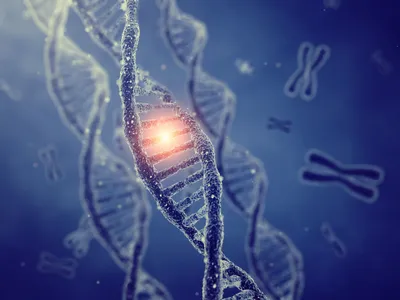
Regenerative medicine involves the use of stem cells to repair and replace damaged tissues and organs. This technology has the potential to cure diseases like diabetes, heart disease, and spinal cord injuries.
7. Bionic Eyes
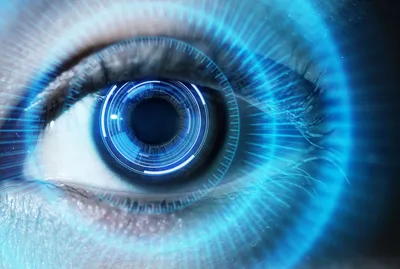
Bionic eyes are being developed to restore vision in people with degenerative eye diseases. These devices use cameras and electrodes to send visual information directly to the brain.
8. Smart Pills

Smart pills are ingestible sensors that can monitor a patient's health from inside the body. They can track medication adherence, measure vital signs, and even detect early signs of disease.
9. Virtual Reality Therapy
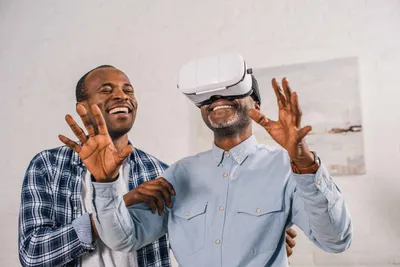
Virtual reality therapy is being used to treat a variety of mental health conditions, including anxiety disorders, phobias, and post-traumatic stress disorder. This technology allows patients to confront their fears in a controlled environment.
10. Liquid Biopsies
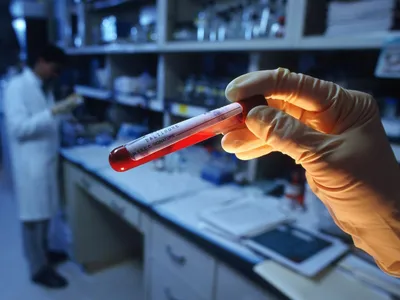
Liquid biopsies involve the analysis of blood or other bodily fluids to detect cancer and other diseases. This technology has the potential to revolutionize cancer diagnosis and treatment, as it allows doctors to monitor the progress of the disease in real-time.
